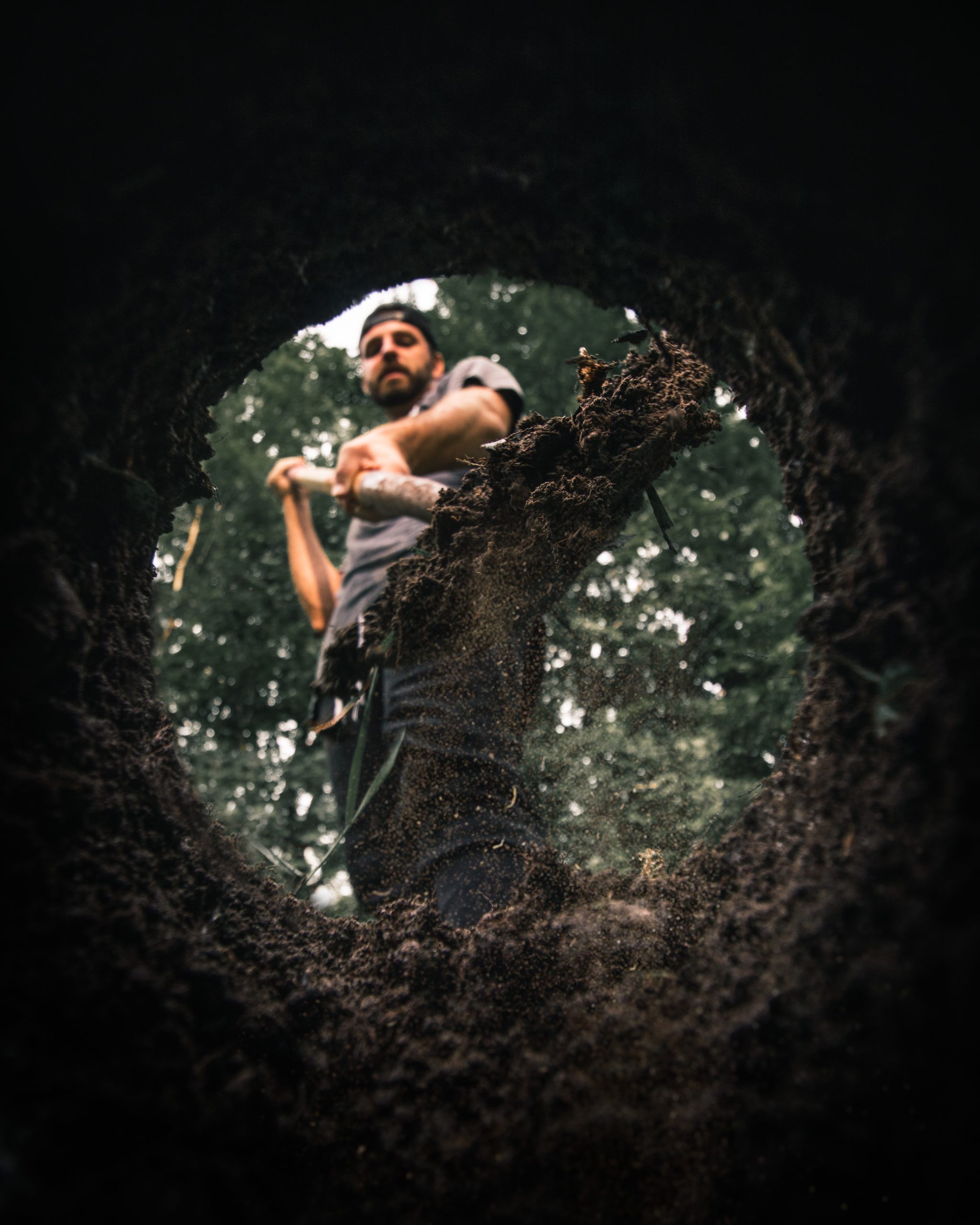Can Science Rescue Salmon?
PORTLAND, OREGON–For now, at least, the dams will stay, as the controversy swirling around them escalates. At a press conference on 27 July, the National Marine Fisheries Service (NMFS) released a long-awaited plan to save the Columbia River’s endangered salmon by restoring fish habitat, overhauling hatcheries, limiting harvest, and improving river flow. What the plan did not do, however, was Read More ›

